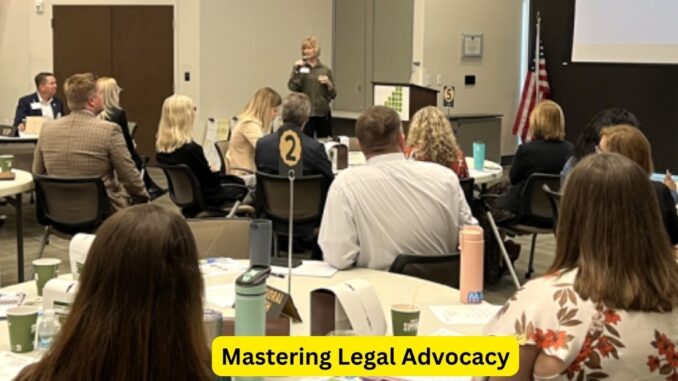
Legal advocacy is a powerful tool for nonprofits, enabling them to champion causes, drive change, and navigate complex legal landscapes. Advocacy efforts are instrumental in influencing policy, protecting rights, and advancing the missions of nonprofit organizations, but they require a strategic and informed approach to be effective.
Understanding Legal Frameworks is essential for nonprofits engaged in advocacy. Familiarity with laws, regulations, and policies relevant to their cause helps nonprofits navigate legal complexities and ensures compliance while advocating for change.
Strategic Planning forms the foundation of effective legal advocacy. Nonprofits need a well-defined strategy outlining advocacy goals, target audiences, messaging, and the desired policy outcomes. Crafting a clear and compelling advocacy plan increases the impact and effectiveness of their efforts.
Coalition Building enhances the strength of advocacy initiatives. Collaborating with like-minded organizations, stakeholders, policymakers, and legal experts amplifies the collective voice, increases resources, and lends credibility to advocacy campaigns.
Education and Awareness Campaigns play a pivotal role. Nonprofits engage in educating the public, policymakers, and stakeholders about critical issues through workshops, seminars, publications, and social media campaigns, fostering understanding and support for their cause.
Strategic Litigation can be a potent advocacy tool for nonprofits. Bringing legal actions or filing lawsuits strategically to challenge unjust policies, advocate for systemic change, or protect rights can have significant societal impacts.
Policy Advocacy involves engaging policymakers and lawmakers to influence legislation and regulations. Nonprofits work to shape public policies, draft legislative proposals, and provide expert testimony to advocate for changes aligned with their missions.
Public Engagement and Mobilization are crucial. Nonprofits use various communication channels to engage supporters, encourage activism, and mobilize communities to take action, amplifying their advocacy efforts.
Legal Expertise and Counsel are indispensable for nonprofits engaged in advocacy. Accessing legal advice helps nonprofits understand legal implications, navigate potential risks, and ensure compliance with regulations while advocating for their causes.
Monitoring and Evaluation of advocacy efforts is essential. Nonprofits assess the impact of their advocacy initiatives, measure progress toward goals, and adapt strategies based on outcomes, ensuring ongoing effectiveness and refining future advocacy plans.
Ethical Considerations are paramount in legal advocacy for nonprofits. Upholding ethical standards, transparency, and accountability in advocacy efforts is crucial to maintain credibility and trust among stakeholders and the public.
In conclusion, the art of legal advocacy for nonprofits involves a strategic, informed, and principled approach. By leveraging legal expertise, strategic planning, collaboration, and ethical practices, nonprofits can drive meaningful change, amplify their impact, and effectively advocate for causes that align with their missions, ultimately creating a positive impact on society.
Leave a Reply